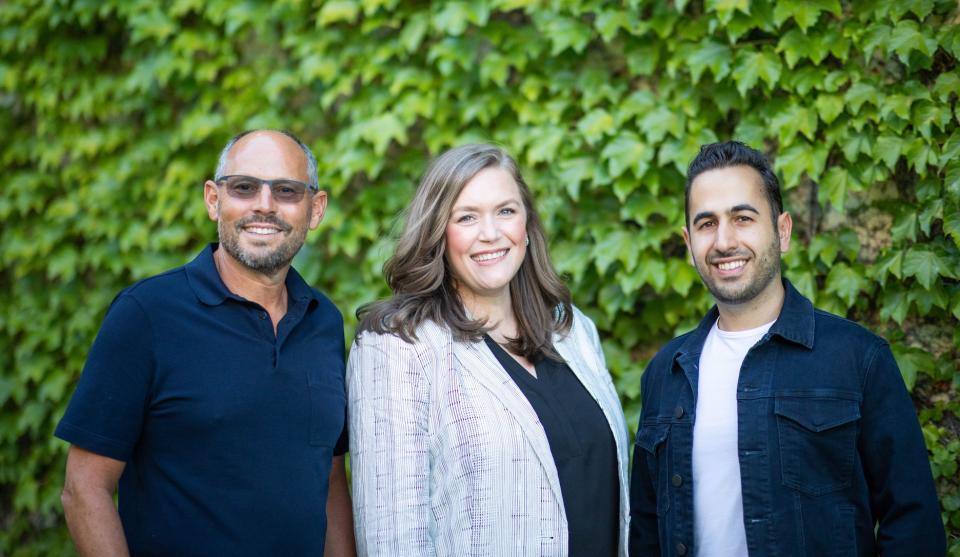Consumer tech investing is still hot for Maven Ventures, securing $60M for Fund IV

When prolific venture capital firms Andreessen Horowitz and Lerer Hippeau announced in early 2024 they were pivoting away from consumer tech, it sparked a social media debate about whether there are still opportunities.
Maven Ventures’ Jim Scheinman and Sara Deshpande say “yes.” And to prove it, they raised $60 million in capital commitments for a fourth fund to back “massive consumer tech trends.”
They say “massive” because this is the firm that seeded companies like videoconferencing giant Zoom and autonomous vehicle maker Cruise. Scheinman, founding managing partner, is even credited for coming up with the Zoom name.
As to the notion that no one wants to invest in consumer tech anymore, Scheinman told TechCrunch “it’s not true.” Like other sectors, this one also has cycles where consumers either think something is “the coolest thing ever” or “the worst.”
Consumer tech is in the trough of the cycle, Scheinman said. As such, he believes this is the best time to be an investor. “It’s less noisy, and there is a lot less competition as less people try to invest,” he said.
When he started investing, the internet was the first major platform. Then came mobile, then cloud and AWS. Scheinman thought web3 was going to be the next thing, but that was eclipsed by artificial intelligence. Jumping in, Maven will be there helping to build the next game-changing health AI company or robotics AI consumer business, he said.
“This is absolutely the time when multibillion-dollar companies are born, from now to over the next three to four years,” Scheinman said. “There are dozens of companies that you've never heard of that will be household names with the likes of Zoom, Cruise and Facebook. This is the time to invest in it.”
Any new portfolio business will be in good company. Overall, 16% of Maven’s portfolio companies have reached a minimum $500 million exit or valuation, which is 10x industry average, Scheinman and Deshpande, general partner, told TechCrunch.
Scheinman started the firm in 2013 and brought in Deshpande soon after to focus on consumer AI and personalized medicine. They brought in investment partner Robert Ravanshenas in 2015, and again in 2020 after a stint in a startup operating role, to focus on fintech, longevity and consumer AI.
Together the trio remains committed to seeding similar consumer tech trends, including applications of AI, personalized healthcare, climate and sustainability, family technology and fintech.
Fund IV brings total assets under management to $200 million and more than 50 total investments. The firm makes six to eight investments each year, writing average check sizes between $1 million and $1.5 million.
Maven invested in seven new companies so far from the new fund, including Medeloop, a platform to help improve clinical research; Lutra AI, a startup that creates AI workflows from natural language; and AI agent company MultiOn.
A big theme for this new fund is investing in founders that have unique insight around how this technology can improve life for consumers. In addition, “figuring how, with this new emergence and improvement in AI technology, do we envision that we can actually improve life for consumers all the way to the consumer,” Deshpande said.
“Consumer trends will never go away,” Deshpande said. “Consumers are the spending engine of a healthy economy. We are all consumers. For us, it's really this knack of being able to see what is changing consumer behavior or a new technology that can massively impact people's lives. Founders come to us with an amazing vision worth fighting for, and that's the type of stuff we're spending a lot of time on right now.”

 Yahoo Finance
Yahoo Finance 